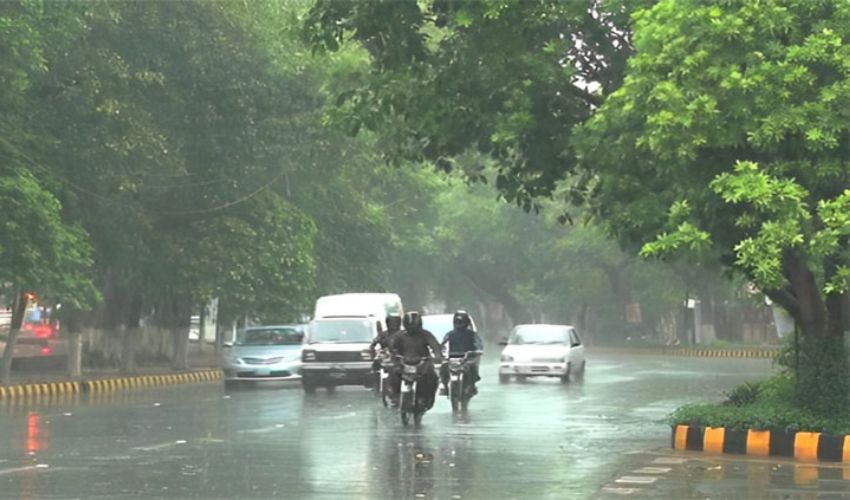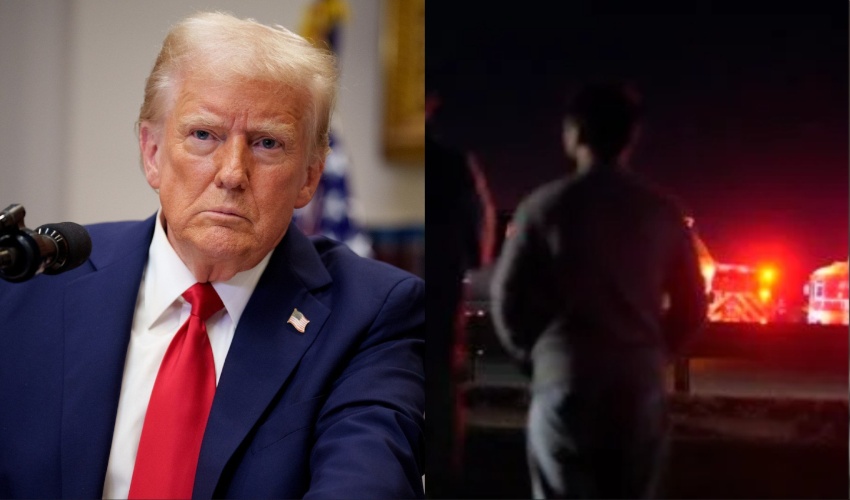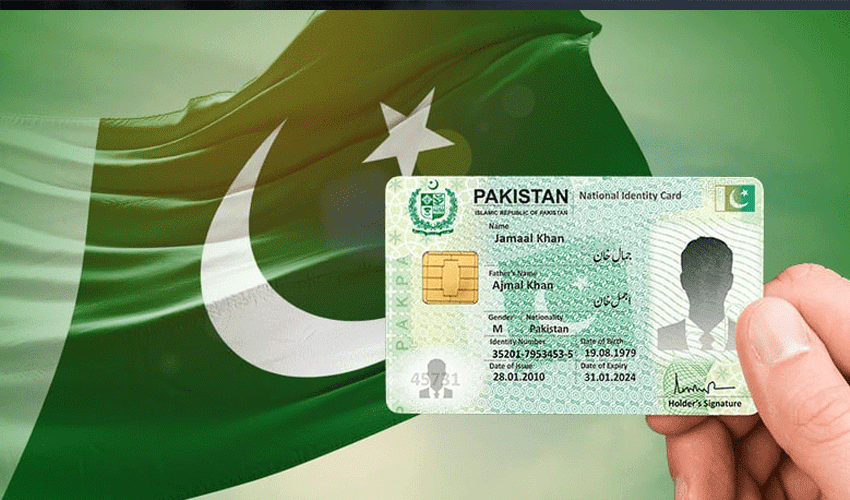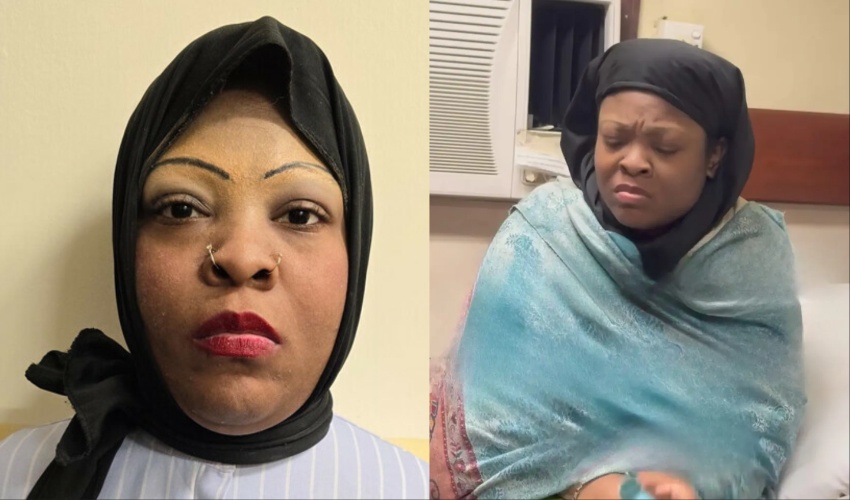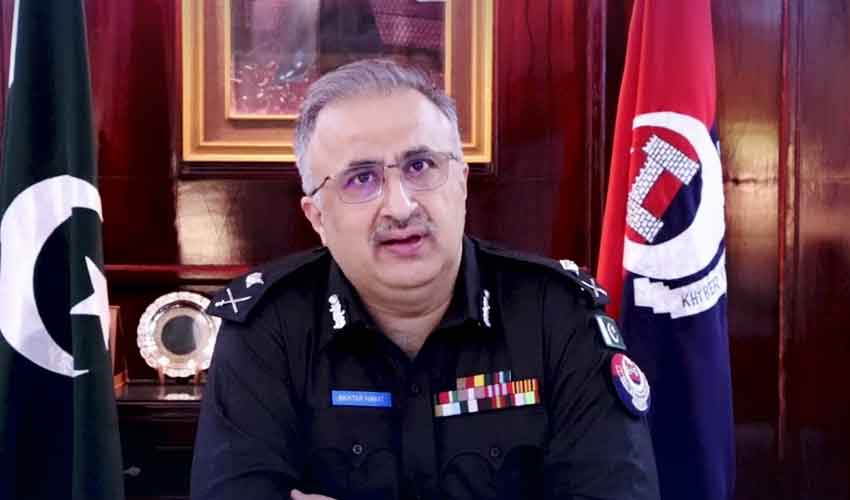Delhi's Lieutenant Governor Vinai Kumar Saxena has approved the prosecution of Indian author Arundhati Roy and former Kashmir law professor Sheikh Showkat Hussain under India's Unlawful Activities (Prevention) Act (UAPA).
The decision stems from a speech given by Roy during a conference on Indian Illegally Occupied Jammu and Kashmir (IIOJK) in 2010, which was deemed provocative.
The move has sparked controversy and renewed discussions about freedom of expression and the use of anti-terrorism laws to suppress dissenting opinions in India, particularly regarding the sensitive issue of Kashmir.
According to India Today, the prosecution of Indian author Arundhati Roy and former Kashmir law Professor Sheikh Showkat Hussain under India's Unlawful Activities (Prevention) Act (UAPA) stems from their alleged participation in a conference where provocative speeches were made regarding the issue of Kashmir. The conference, titled 'Azadi - The Only Way', featured speakers such as Syed Ali Shah Geelani and Syed Abdul Rahman Geelani.
The complaint leading to the registration of a first information report (FIR) against Roy and Hussain was filed by Sushil Pandit in October 2010. Pandit alleged that their speeches at the conference in New Delhi propagated ideas advocating the separation of Kashmir from India.
The approval of prosecution by Delhi's Lieutenant Governor Vinai Kumar Saxena has reignited debates on freedom of expression and the use of anti-terrorism laws in India. Former chief minister of Indian Illegally Occupied Jammu and Kashmir (IIOJK), Mehbooba Mufti, expressed surprise over the decision, criticizing it as another instance of the Indian state allegedly violating fundamental rights.
The situation underscores ongoing tensions and differing perspectives surrounding the Kashmir issue, with legal actions against individuals for their advocacy or statements about the region continuing to be contentious and widely debated.
What is the Unlawful Activities (Prevention) Act?
The Unlawful Activities (Prevention) Act (UAPA) is an anti-terrorism law enacted by the Parliament of India to prevent unlawful activities that threaten the sovereignty and integrity of India. It was first introduced in 1967 and has undergone several amendments since then to enhance its effectiveness in dealing with terrorist activities and organizations.









